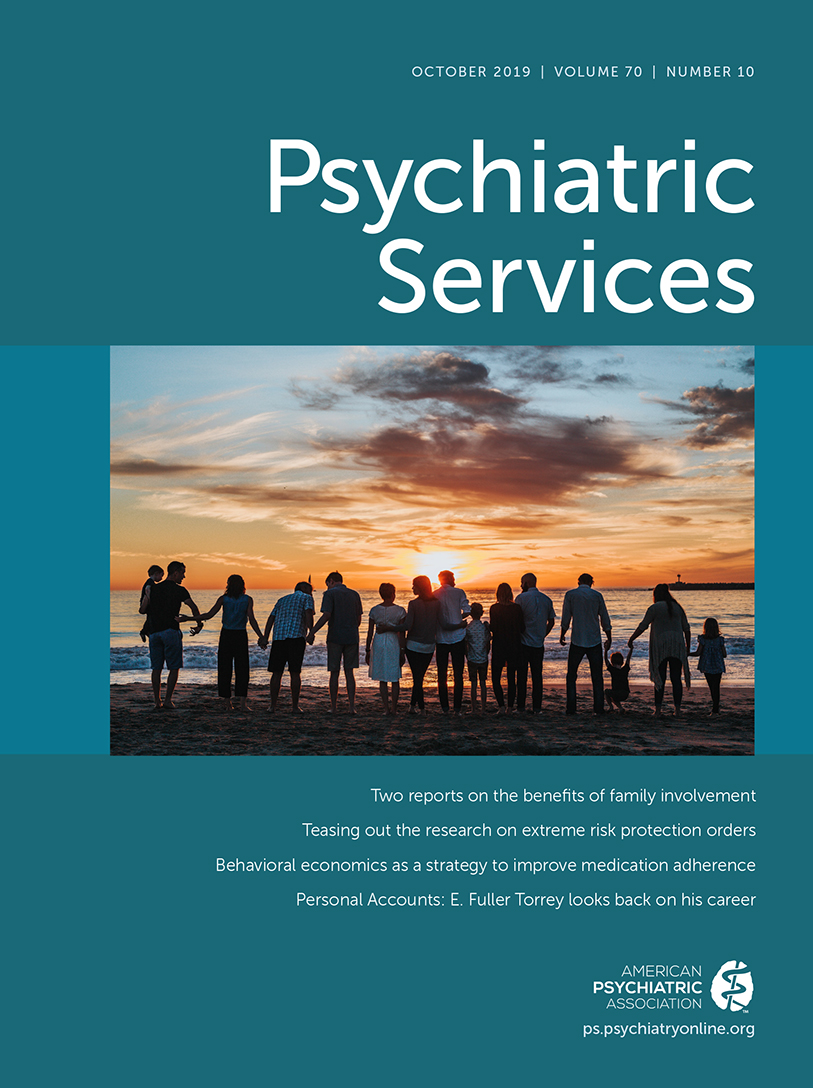Lung Cancer Screening Eligibility, Risk Perceptions, and Clinician Delivery of Tobacco Cessation Among Patients With Schizophrenia
Abstract
Objective:
Individuals with schizophrenia experience increased lung cancer mortality and decreased access to cancer screening and tobacco cessation treatment. To promote screening among individuals with schizophrenia, it is necessary to investigate the proportion who meet screening criteria and examine smoking behaviors, cancer risk perception, and receipt of tobacco cessation interventions from psychiatry and primary care.
Methods:
The authors performed a cross-sectional survey and medical record review with 112 adults with schizophrenia treated with clozapine in a community mental health clinic (CMHC).
Results:
Among older participants (ages 55–77 years) with schizophrenia, 34% met the criteria for lung screening on the basis of smoking history (heavy current or former smokers), and more than half believed they had a low risk of developing lung cancer. Of all participants, 88% had visited their primary care provider (PCP) in the past year; PCPs represented 35 different practices. Only one in three current smokers reported that their PCP or psychiatrist assisted them in obtaining medications for tobacco cessation.
Conclusions:
Given smoking history, many older adults with schizophrenia have potential to benefit from lung screening, yet most older participants underestimated their lung cancer risk. Although participants regularly accessed care, PCP and psychiatric visits may be missed opportunities to engage patients with schizophrenia in tobacco cessation and decrease preventable premature mortality. Embedding interventions in a CMHC, a centralized access point of care delivery for patients with schizophrenia, may have unique potential to increase uptake of cancer screening and tobacco cessation interventions.



